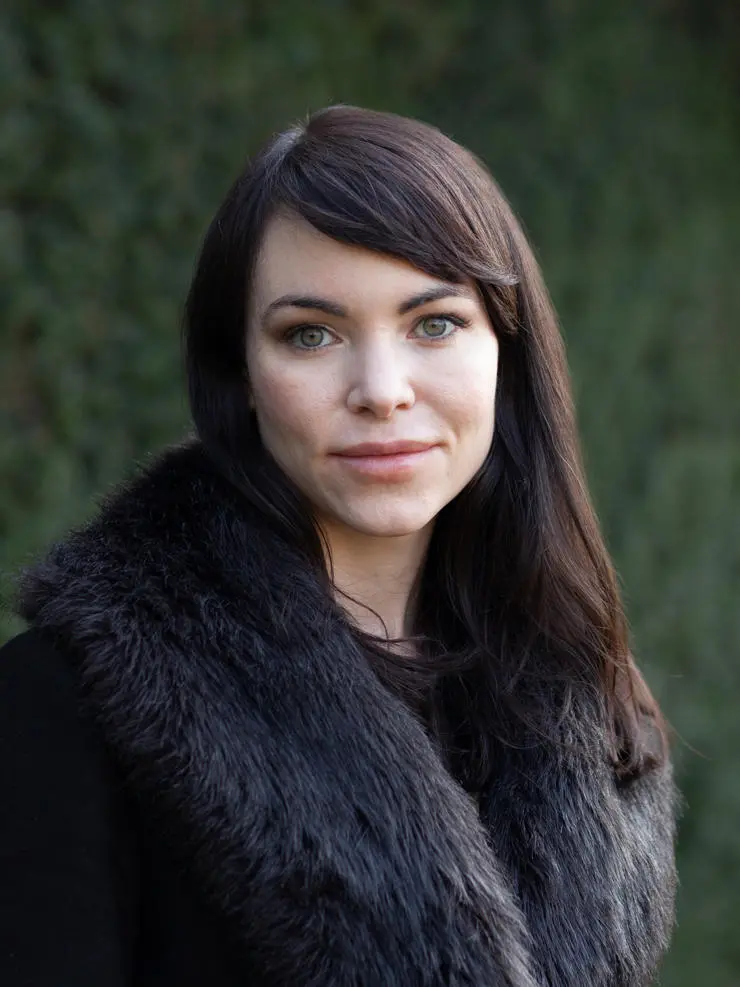Yvonne’s Research Experiences
I’m working on a series of literary publications that explore climate change and environmental issues, and how authors take a stand against environmental destruction. I do this through literary scholarship, poetry editing, and writing.
I was thrilled to receive a Leadership Fellowship from the Arts and Humanities Research Council in 2019. Nature and environmental issues are inspiring authors and poets to create really exciting new work. I’ve worked on the archives of poets who have supported Extinction Rebellion and Greenpeace. My critical work has involved uncovering poet Seamus Heaney’s support for conservation issues – he even donated one of his famous ‘bog-poems’ to support bog conservation! His friend, the poet Ted Hughes, protested, lobbied politicians about pollution, and co-founded Britain’s first environmental magazine.
I write and edit poetry, and it was a privilege to work with Magma Poetry on their Anthropocene Issue. We published over 80 writers from many countries worldwide, and our issue appeared in print just as COP-26 was happening in Glasgow. BBC North West Tonight reported the Anthropocene Issue with the headline, ‘Poets print climate change poetry on recycled paper with vegetable oil ink.’
Teaching Methods
Getting outdoors and running seminars in the Secret Garden on campus is one of my favourite ways to teach environmental poetry and nature writing. The ‘fieldwalk’ is a method that is really important to many environmental writers I know. I always encourage students to send out their work for publication, and as an editor, I’m keen to show them which magazines are the best for them to begin their journeys as published writers. Publication plans are an important part of MA and PhD writing projects, and I’ve been thrilled to publish three postgraduates in Magma.
Anthropocene
Human beings have altered the climate, oceans, and the bedrock beneath our feet. Scientists are debating the idea that human-caused damage to the environment has created a new geological epoch: the Anthropocene. The concept of the Anthropocene has inspired films, travelogues, exhibitions and poetry. This book argues that the idea of the Anthropocene is shaping not just how poems are written, but how we read them. From the canonical work of Ted Hughes and Seamus Heaney to award-winning poets Alice Oswald, Pascale Petit, Kei Miller, and Karen McCarthy Woolf, my book explores major literary figures alongside respected contemporary voices and work published in the latest poetry journals.
Awards
I’ve been lucky. I received a Northern Writer’s award for my poetry book manuscript in 2016, and a sequence of my work won the Mslexia magazine women’s chapbook prize in 2017 and was published by Seren. I received the Poetry Society’s inaugural Peggy Poole Award in 2018 for my poem ‘Muirburn,’ and the same poem was commended in the National Poetry Competition. I received the Ambit journal’s poetry prize in 2019, and I now do some editing for Ambit.
Exciting Projects
My poetry book Burning Season will be published in 2023 by Bloodaxe Books. The poems look at oil fires, forest fires, moorland fires, and some resilient oak saplings, and link the humble plastic pen to the global oil economy.
My next book is a venture into nature writing. Fire on Winter Hill will explore mountains, memory and climate change. With mountain people and wildlife being forced out of their usual homes, and glaciers being declared ‘dead,’ hiking, mountaineering and climbing are becoming even riskier. Risks in the mountains no longer come from the dangers that these hostile environments have always posed: the very ecosystems that support our survival are under threat. I want to ask the following question: Can mountain culture stop celebrating the conquest of mountains, and start caring for them?
My father’s favourite pursuit was mountain hiking, and he had a long career in the petroleum industry. These two aspects of his life are the central paradox in my book: my father encouraged my love of high places, but I was always painfully aware that the fossil fuel economy was damaging them. But movements from campaigns to clean up Everest, to tree-planting and wetland restoration on Britain’s high moors, are showing that people are mobilising to protect their mountains.


